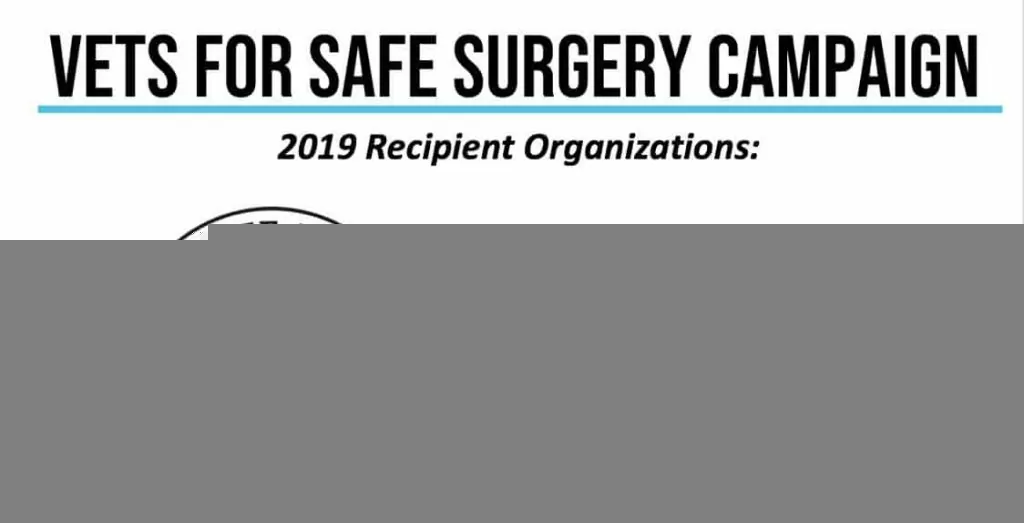Arbutus Medical’s Vets for Safe Surgery program donates tools to Wildlife Rescue & Rehabilitation and Saving the Survivors
As part of its mandate to expand access to safe surgical care to benefit patients in need, Arbutus Medical created the Vets for Safe Surgery charitable partner program, and has recently awarded free orthopedic power tool systems to two charitable organizations, Wildlife Rescue & Rehabilitation and Saving the Survivors.
Each year, Arbutus Medical’s Vets for Safe Surgery program invites charitable organizations to apply to the program, and this year the expanded campaign attracted applications from local and international organizations treating cats, dogs and horses as well as bears, elephants, rhinoceroses, cheetahs and other wildlife. The organizations respond to animals injured from snares and poaching activities, urban encroachment and road accidents and illegal wildlife trade.
“We were so impressed by the calibre and quality of organizations that applied for our Vets for Safe Surgery charitable program, and are very pleased to be able to help two groups this year,” says Michael Cancilla, director of engineering and partnerships for Arbutus Medical. “Both Wildlife Rescue and Rehabilitation and Saving the Survivors will make great use of our donation of orthopedic power tools to help them expand access to safe surgery and provide surgical care to vulnerable animal populations.”
Wildlife Rescue & Rehabilitation is one of the largest rehabilitation facilities in the United States, rescuing approximately 10,000 animals per year and providing veterinary care and a sanctuary home for the animals in need.
Saving the Survivors is a field-based conservation charity operating across southern Africa, and provides emergency veterinary care to victims of poaching and traumatic injury. The organization is also dedicated to proactively addressing the human-wildlife conflict causing many of these injuries.
“The [SawCover System’s] oscillating saw will be mostly used at WRR for amputation procedures or for improperly aligned fracture sites that require orthopedic repair,” says Dr. R. Mason Payne, DVM, the leading veterinarian at Wildlife Rescue & Rehabilitation. “Having an oscillating saw will allow us to perform amputations more quickly and efficiently than using a hand saw or wire. This will result in faster surgical times, less anesthetic length, and less risk overall to the patient.”
“The [DrillCover Hex] drill from Arbutus Medical matches the speed, torque and ergonomics of a surgical drill, and will provide the veterinary surgeons of Saving the Survivors with an effective and advanced solution to treat various animals, especially rhino, under field condition,” says Dr. Johan Marais, the head veterinarian at Saving the Survivors. “While the drill is battery operated and lightweight, it is still a robust piece of equipment that can be used in the African bush under challenging circumstances.”
Arbutus Medical makes surgical tools to break down barriers to safe surgery and supports surgeons or GPs learning new surgical techniques. Using patented DrillCover technology, Arbutus Medical provides safe, reliable, high quality and affordable surgical tools. Their power tool systems have been used to treat over 36,000 human patients and 21,000 animal patients in 32 countries. The tools feature a reusable liquid and pathogen proof fabric cover that fully envelopes a robust, powerful and affordable hardware tool creating the perfect orthopaedic solution for the cost-conscious veterinarian. Find out more at: https://arbutusmedical.ca.

